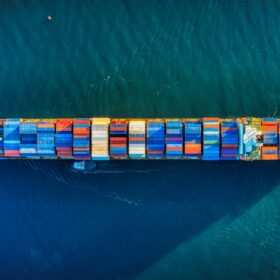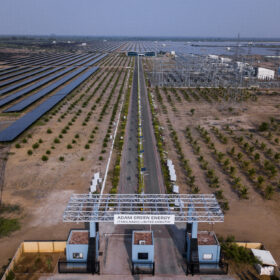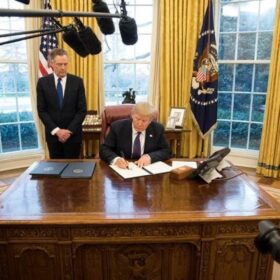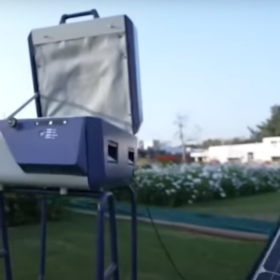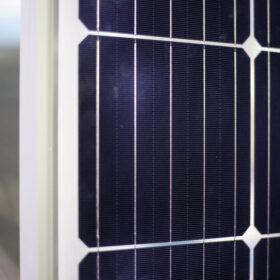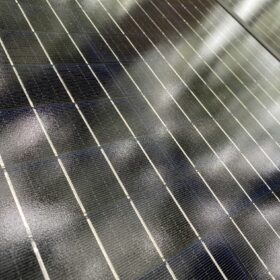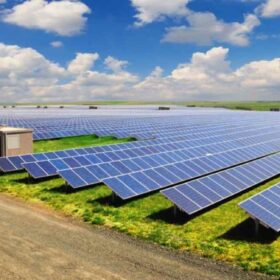U.S. reshapes the non-China solar supply chain
The U.S. Department of Commerce (DOC) revised antidumping and countervailing duties (AD/CVDs) on Vietnamese and Malaysian solar products in December 2024. The move has reshaped the non-Chinese supply chain, with further use of tariffs likely under the new administration, explains InfoLink’s Corrine Lin.
India installed 18.5 GW of utility-scale solar, 4.59 GW rooftop PV in 2024
Waaree Energies led solar module shipments with a 14.1% share of the overall supplies in the Indian market during Jan-Dec. 2024 period.
How Trump’s widespread tariffs affect the U.S. solar industry
Tariffs of 10% are applied to most products from most countries, but energy and energy products, steel, and aluminum are exempt, as tariffs have already been applied.
Myanmar earthquake disrupts solar wafer production, global supply chain
The recent 7.7-magnitude earthquake in Myanmar has disrupted solar wafer production in western China, where about 50% of the country’s wafer capacity is concentrated. Major manufacturers have suspended operations due to equipment failures, raising concerns over supply shortages and higher global solar prices.
Empowering rural communities: The impact of solar cooking solutions
Solar cooking solutions are not just technological advancements but transformative tools for sustainability, health, and economic empowerment
Indian heavy industries present 20 GW open access solar opportunity
A new report by Ember finds that steel, cement, and aluminium industries can profitably integrate 20 GW of solar power to run their operations.
US solar module prices rise as market absorbs tariffs
US solar module prices rose in December 2024 for the first time since last summer, driven by tariff adjustments and patent litigation uncertainty, according to Anza. While prices have since stabilized, module type, cell origin, and geopolitical factors continue to shape the market.
Solar module, cell, wafer prices to rise in Q2 2025, says TrendForce
TrendForce says solar module, cell, and wafer prices will rise in the second quarter as China accelerates installations ahead of looming regulatory changes. It notes that prices are expected to decline in the third quarter as demand eases.
Renewable energy sector in 2025 and beyond
Governments worldwide are enacting policies that encourage investment in green technologies. As businesses recognise the long-term benefits of transitioning to renewable sources, private capital is increasingly flowing into innovative projects that promise sustainable returns.
U.S. government raises tariffs on imports from Chinese solar producers operating in Vietnam
The U.S. Department of Commerce dramatically increased tariffs on imports from Chinese solar producers operating in Vietnam after the agency concluded that China is subsidizing raw materials for its companies to use in their Vietnamese factories.
